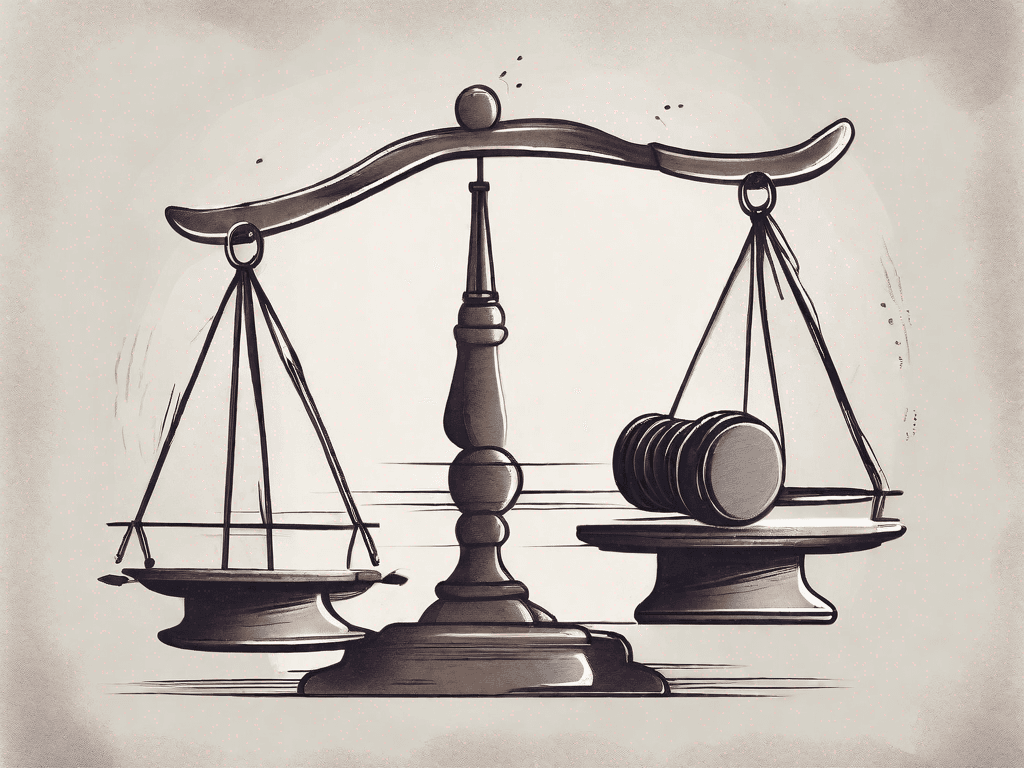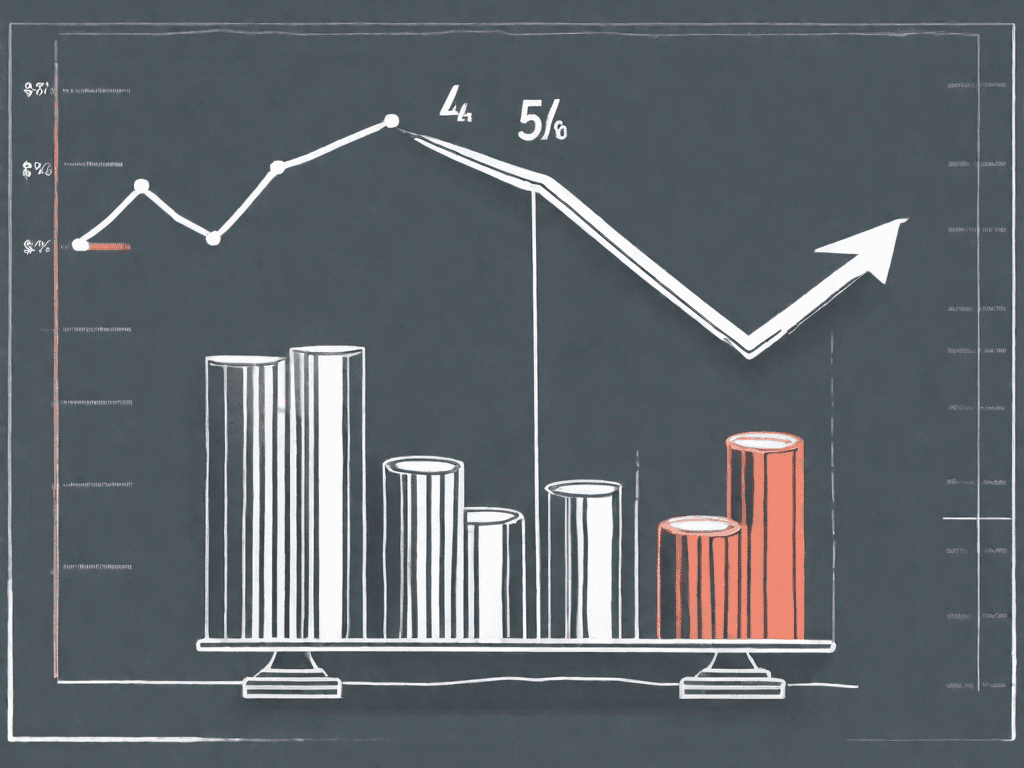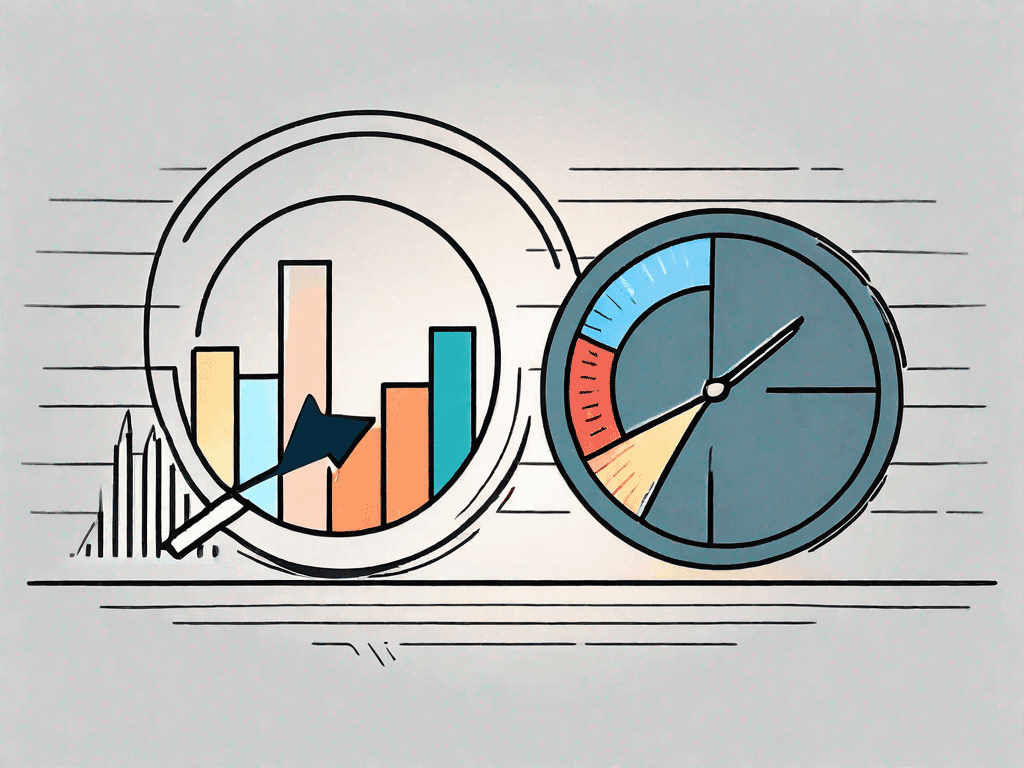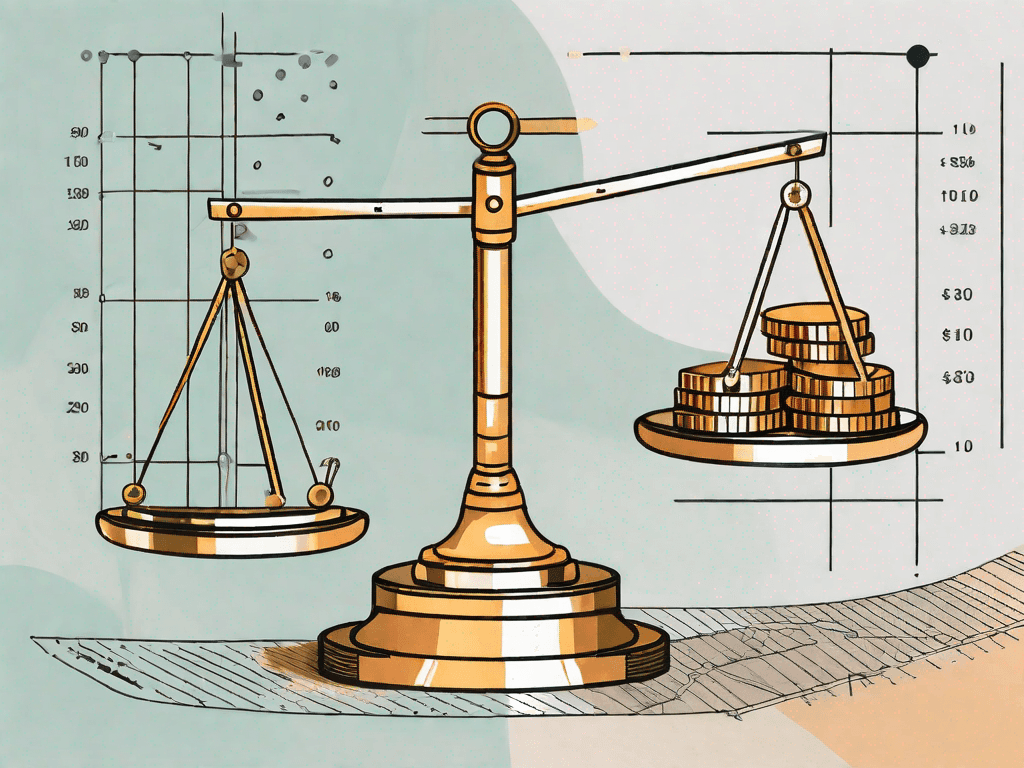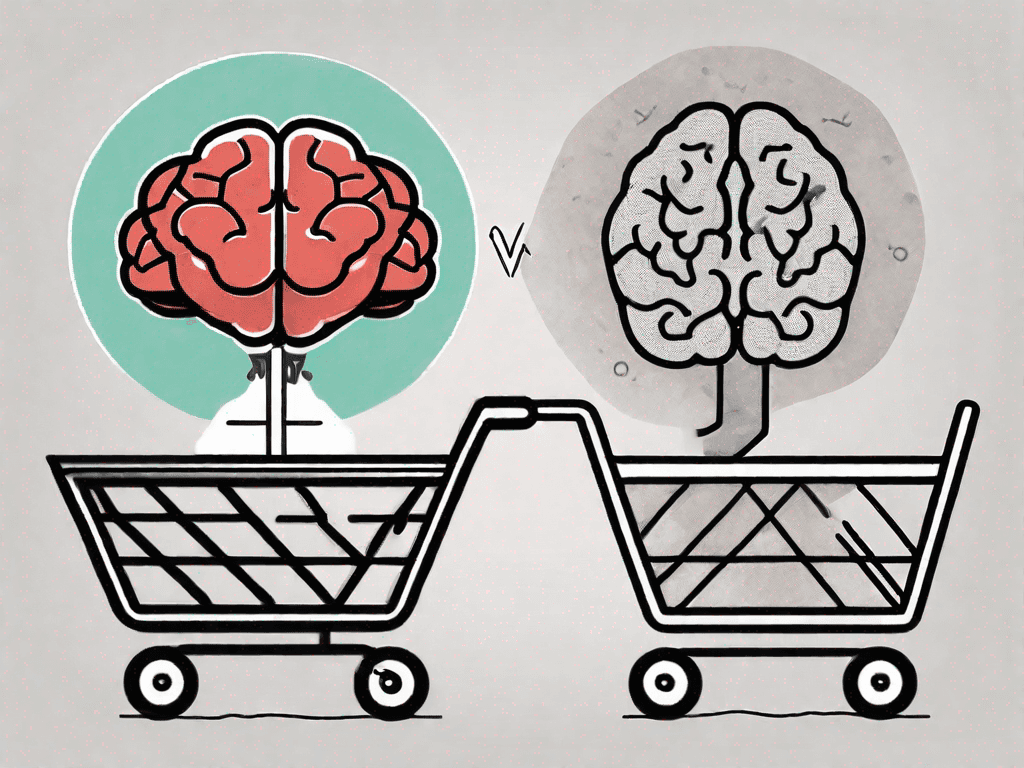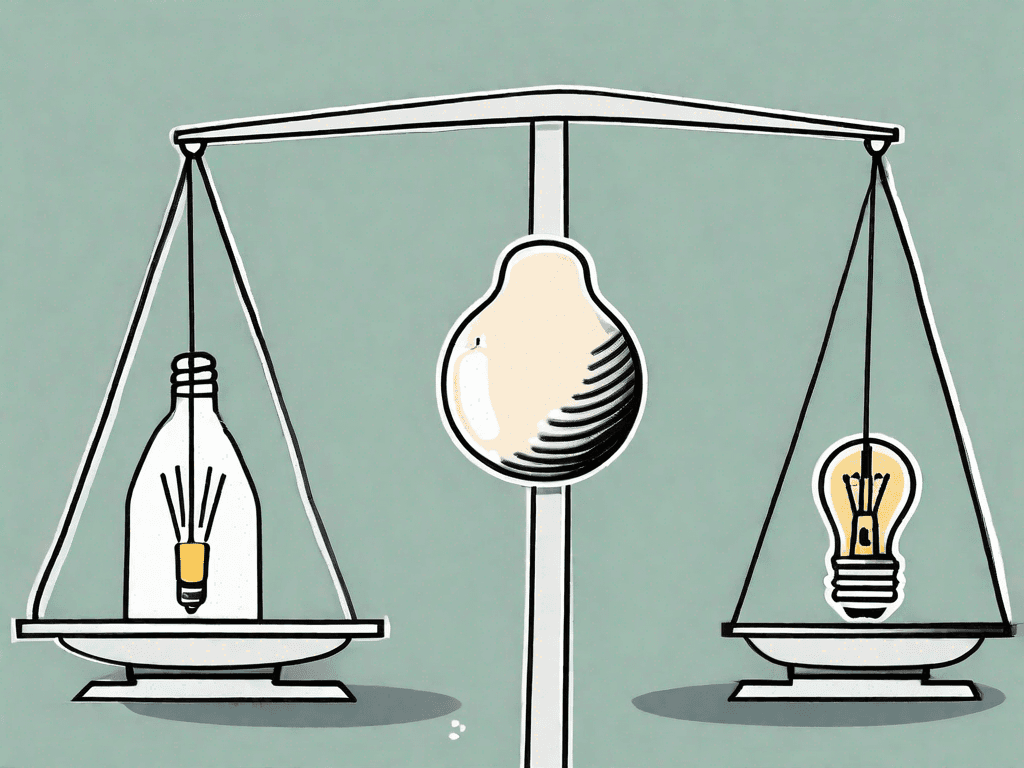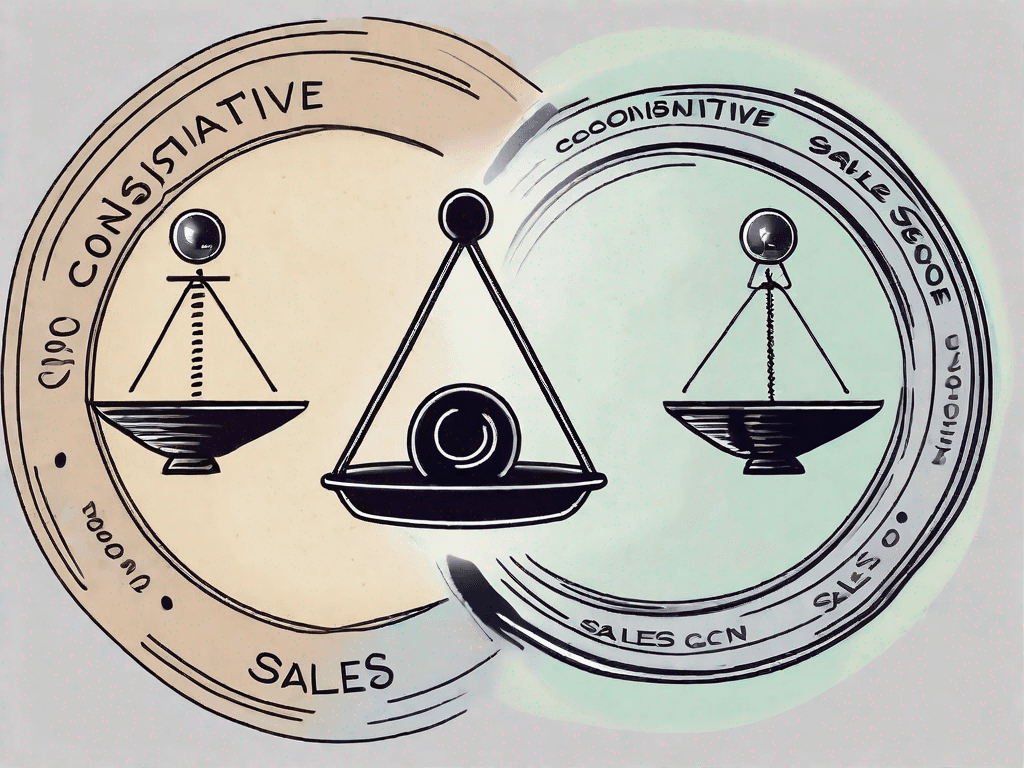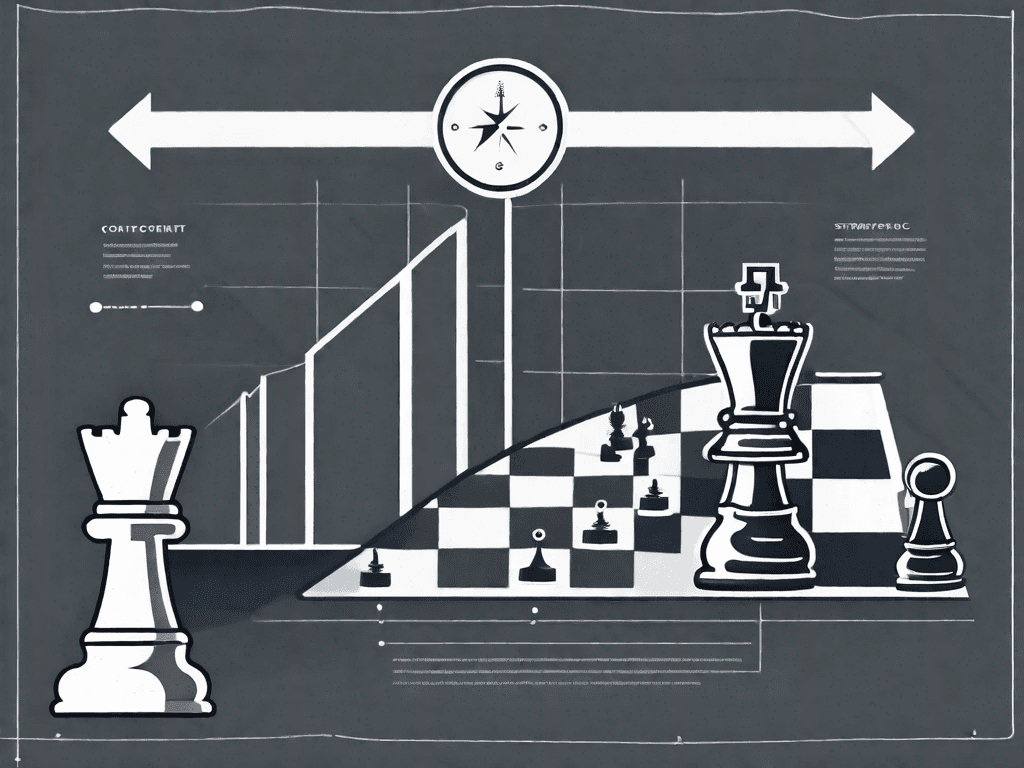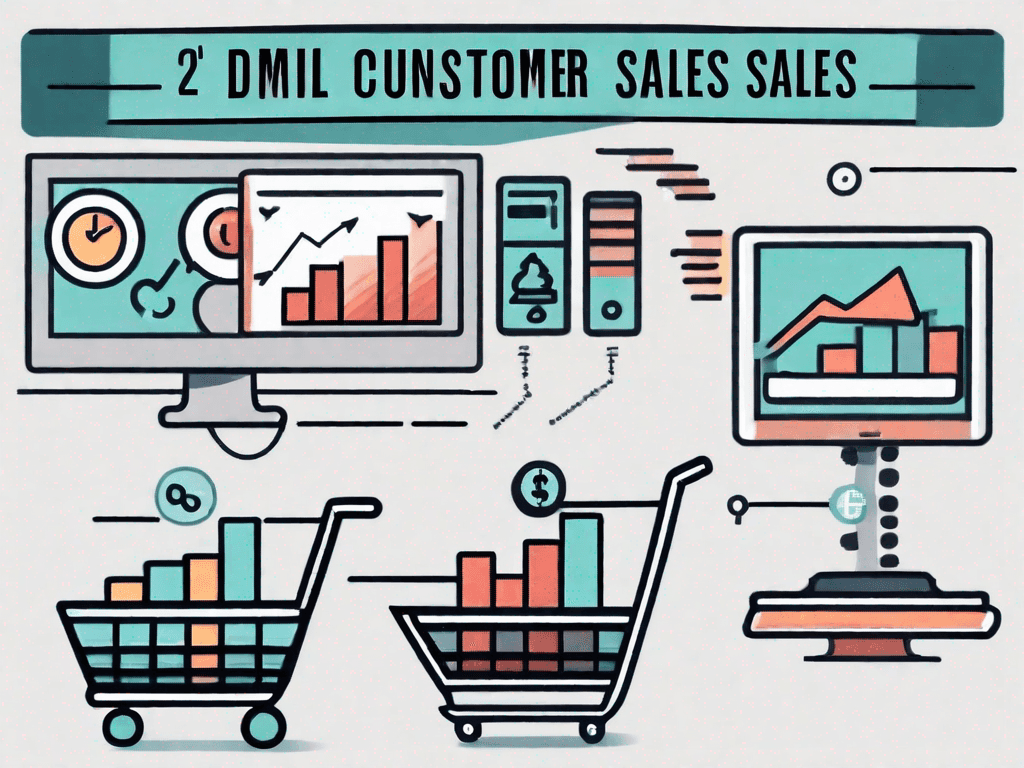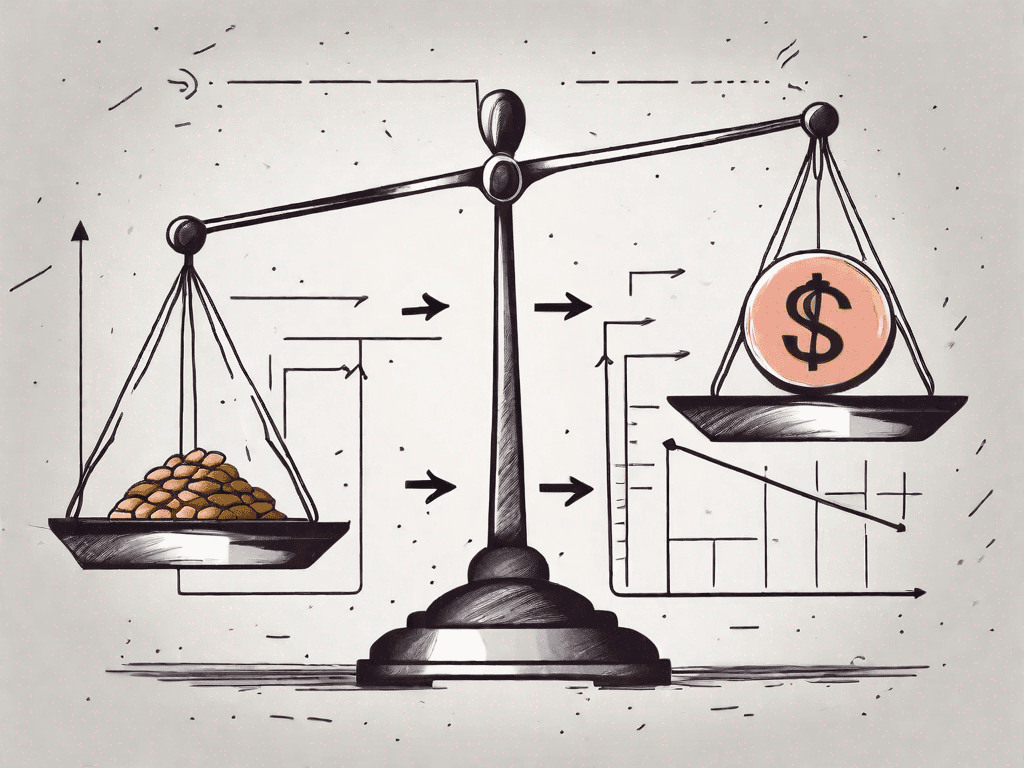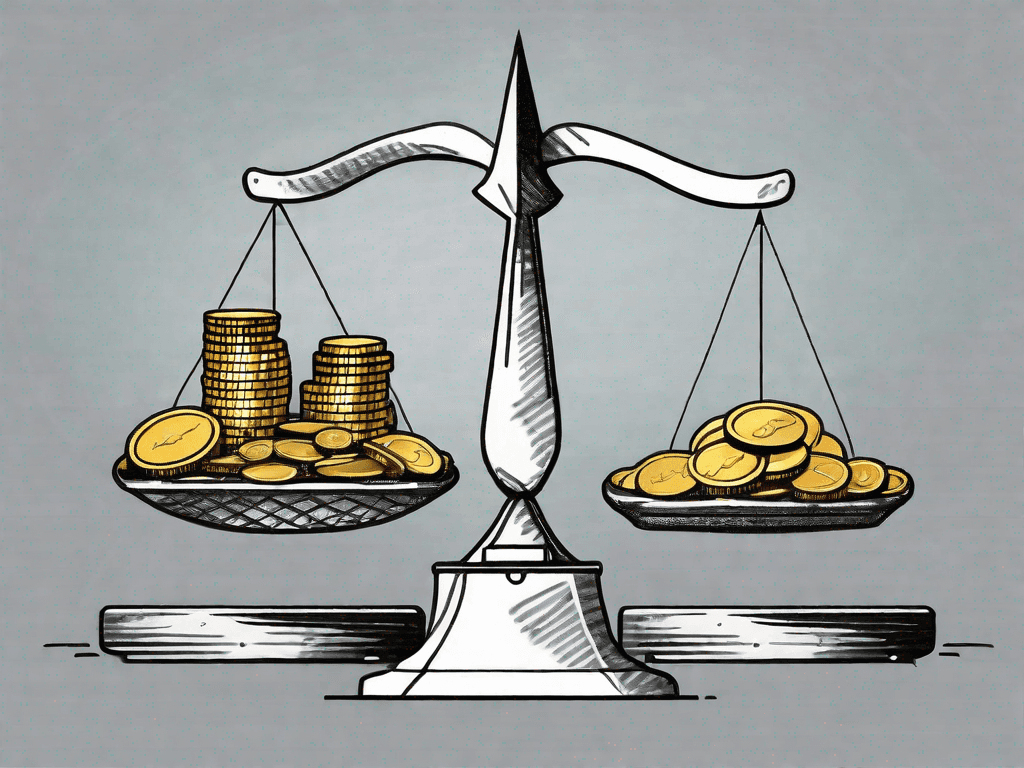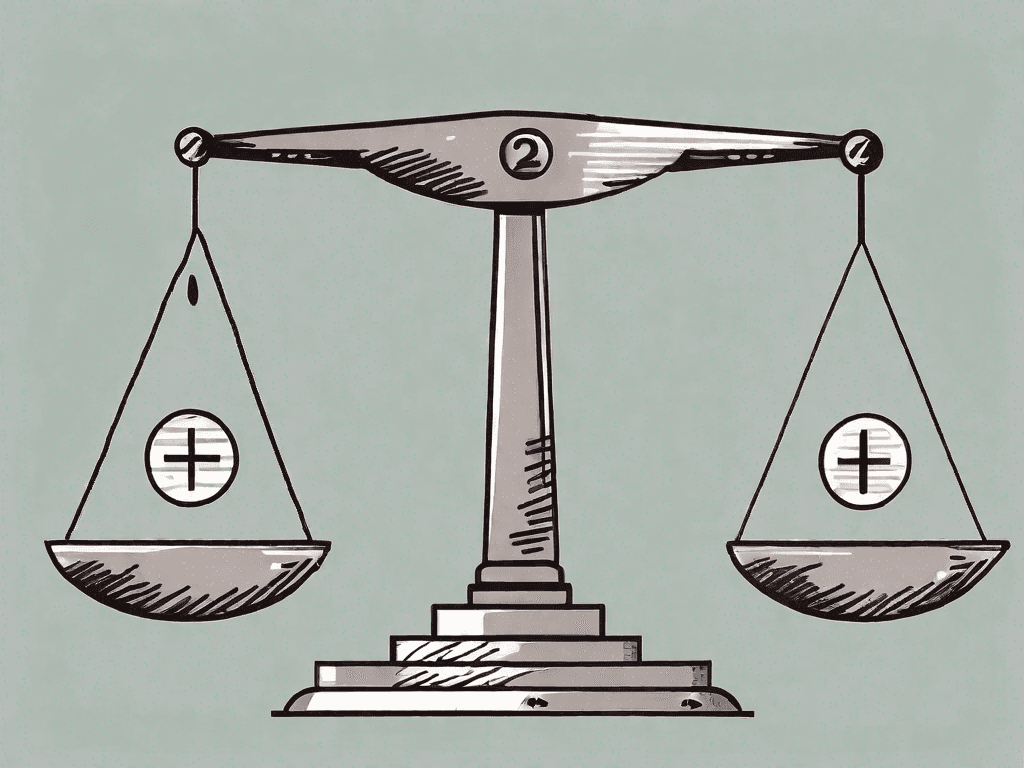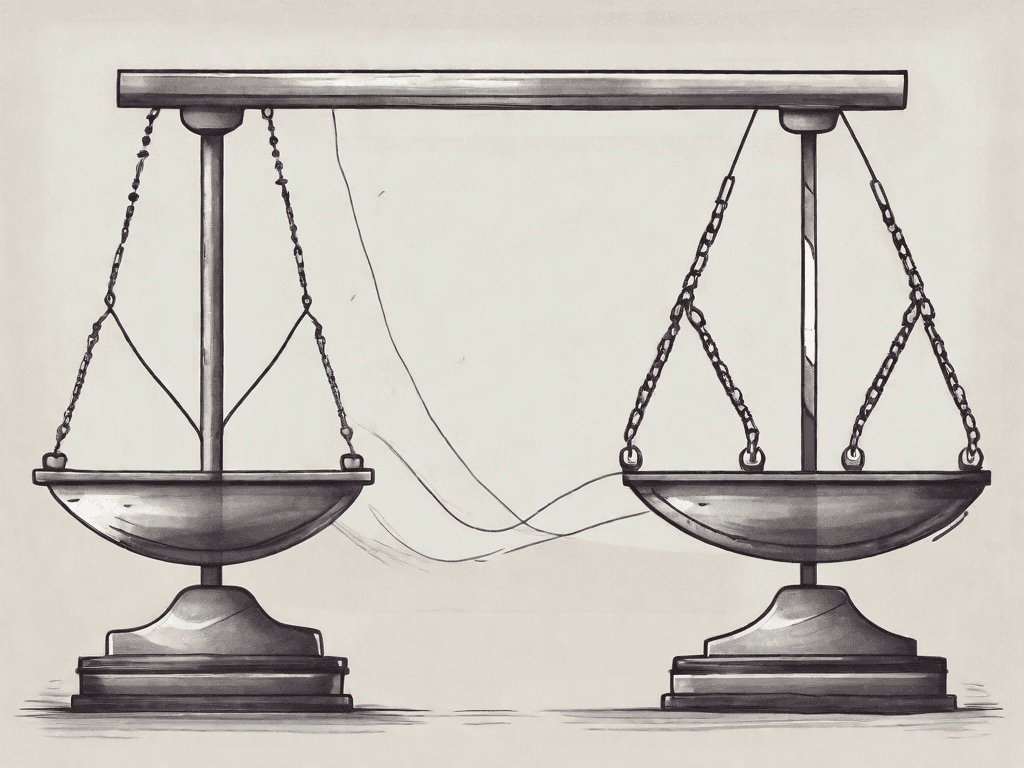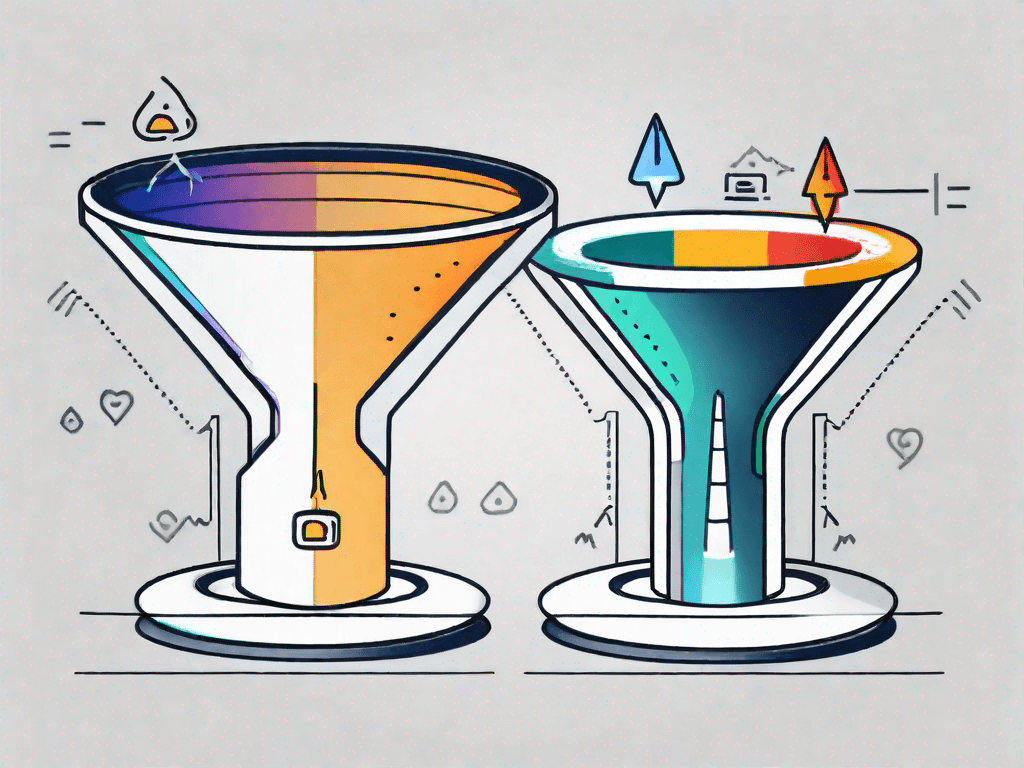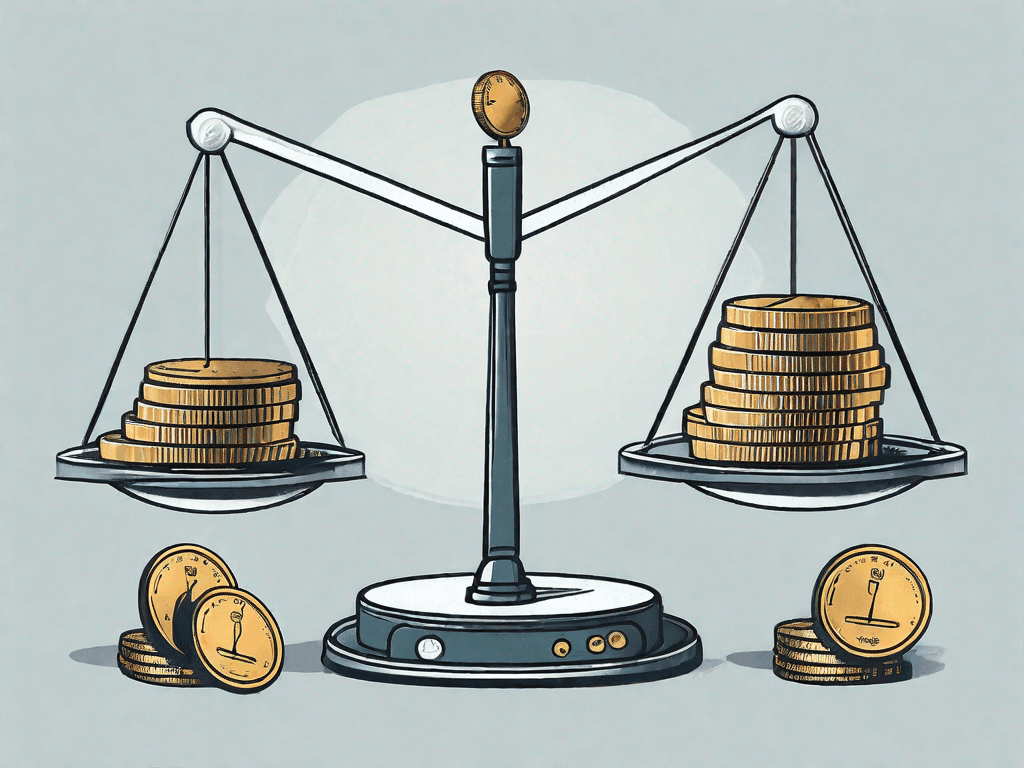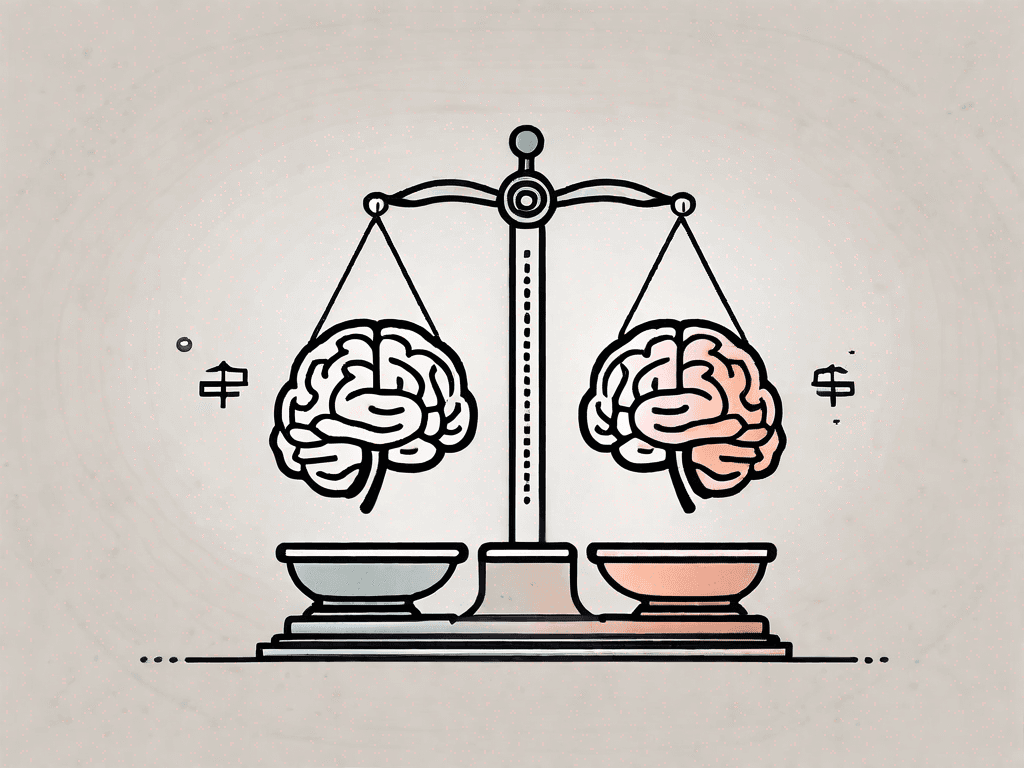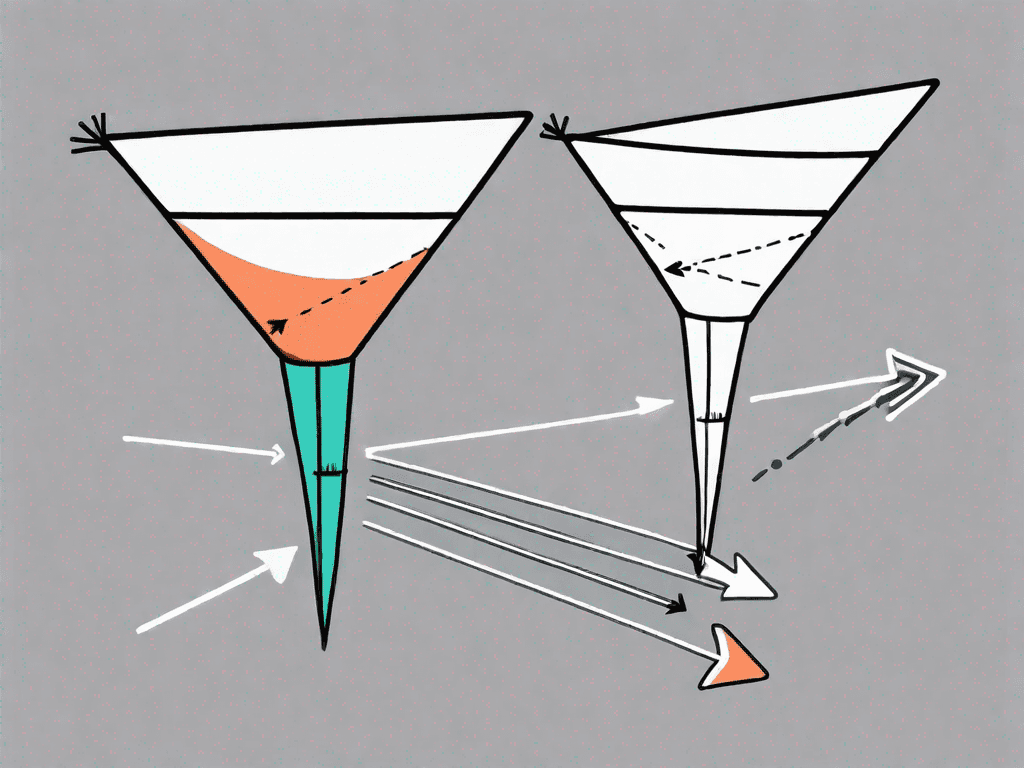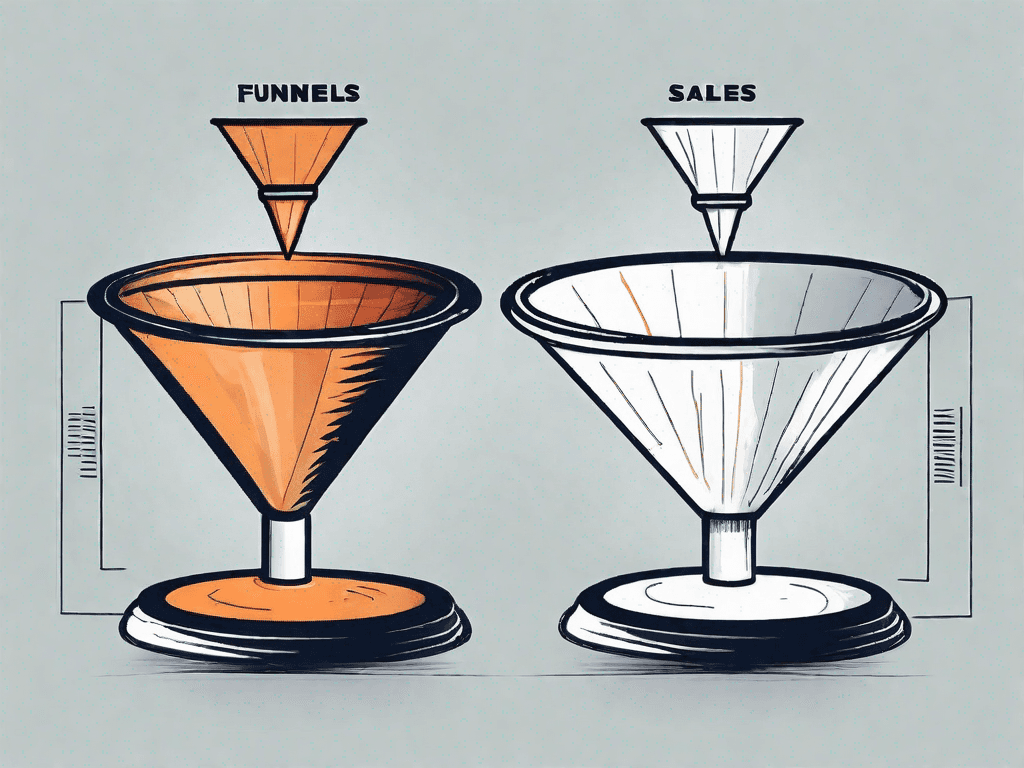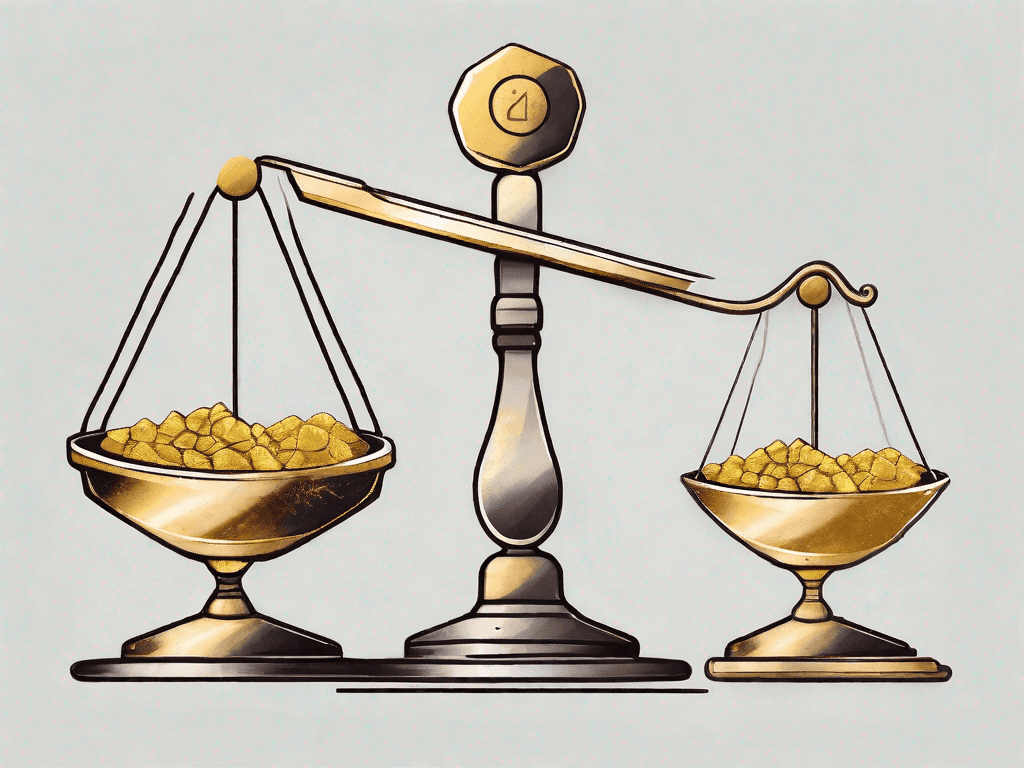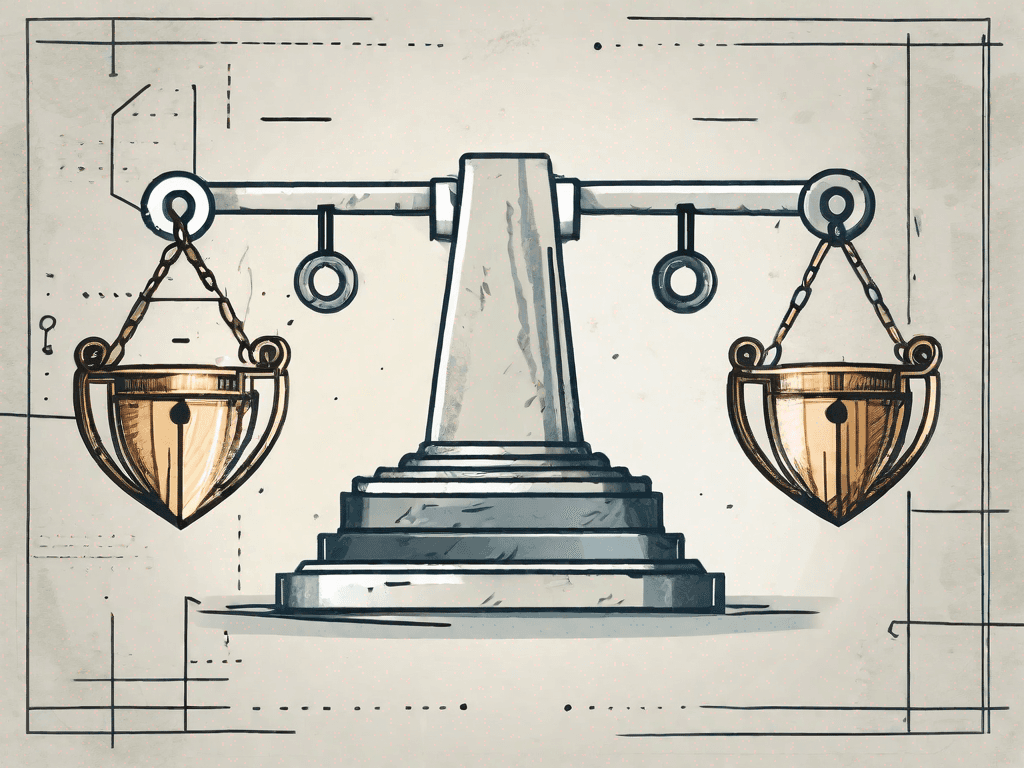
Inbound Marketing vs Content Marketing: What's the Difference?
In the world of digital marketing, there are many buzzwords and concepts that can be confusing to newcomers. Two terms that often get intertwined are "inbound marketing" and "content marketing." While they may seem similar on the surface, there are distinct differences between the two approaches. In this article, we'll explore what sets inbound marketing apart from content marketing and provide real-life examples to help you understand their distinctions
Defining Inbound Marketing and Content Marketing
To grasp the dissimilarity between inbound marketing and content marketing, it's crucial to start by defining each concept individually.
1.1 - What is Inbound Marketing?
Inbound marketing focuses on attracting potential customers by providing valuable content that addresses their needs and pain points. It aims to establish trust and build long-term relationships with prospects, ultimately leading to conversions. Unlike traditional outbound marketing, which interrupts people's activities, inbound marketing is about creating meaningful connections through relevant and engaging content.
Inbound marketing is a customer-centric approach that revolves around understanding the target audience's preferences, interests, and challenges. By conducting thorough research and analysis, businesses can develop content strategies that resonate with their potential customers. This strategy involves creating compelling blog posts, informative videos, interactive quizzes, and engaging social media campaigns.
One of the key elements of inbound marketing is search engine optimization (SEO). By optimizing website content with relevant keywords and improving the overall user experience, businesses can increase their visibility in search engine results and attract organic traffic.
In addition to SEO, inbound marketing also leverages other tactics such as email marketing, social media engagement, and influencer partnerships. These strategies help businesses nurture leads, build brand awareness, and establish themselves as thought leaders in their respective industries.
1.2 - What is Content Marketing?
Content marketing, on the other hand, is a broader approach to marketing that encompasses different tactics to create and share valuable and relevant content with a target audience. It involves the strategic creation and distribution of content across various channels, such as blog posts, social media, videos, and podcasts. The primary goal of content marketing is to attract, engage, and retain an audience while driving profitable customer action.
Content marketing is all about storytelling and providing value to the audience. It goes beyond promotional messages and focuses on educating, entertaining, and inspiring the target audience. By delivering high-quality content consistently, businesses can position themselves as trusted sources of information and build a loyal following.
One of the fundamental aspects of content marketing is understanding the buyer's journey. By mapping out the different stages a customer goes through, businesses can create content that addresses their specific needs at each stage. This includes creating awareness content to attract new prospects, consideration content to provide valuable insights, and decision content to drive conversions.
Content marketing also involves leveraging different content formats to cater to diverse audience preferences. This includes creating visually appealing infographics, hosting webinars to provide in-depth knowledge, and producing entertaining podcasts to engage listeners. By diversifying content formats, businesses can reach a wider audience and maximize their impact.
In conclusion, while inbound marketing and content marketing share similarities in terms of providing valuable content, they differ in their scope and approach. Inbound marketing focuses on attracting and nurturing leads through various strategies, while content marketing encompasses a broader range of tactics to create and distribute valuable content. Both approaches are essential in today's digital landscape, as they help businesses build meaningful connections and drive successful marketing campaigns.
What's the Difference between Inbound Marketing and Content Marketing?
Now that we have a clear understanding of inbound marketing and content marketing, let's explore the specific differences that set them apart from each other.
2.1 - Inbound Marketing Focuses on the Buyer's Journey
One key distinction is that inbound marketing is centered around the buyer's journey. It involves strategically guiding potential customers through each stage of the purchasing process, from awareness to consideration to decision-making. Inbound marketers create content tailored for each stage, addressing different customer needs and pain points along the way. It's about nurturing leads and providing the right information at the right time to move them closer to making a purchase.
2.2 - Content Marketing Focuses on Content Creation and Distribution
On the other hand, content marketing is more focused on the creation and distribution of valuable content across various channels. It doesn't necessarily adhere to the buyer's journey or target specific stages. Instead, content marketers aim to provide valuable information that resonates with their target audience. While inbound marketing is a strategic approach, content marketing is a broader umbrella term that encompasses various tactics and strategies.
Examples of the Difference between Inbound Marketing and Content Marketing
2.1 - Example in a Startup Context
Imagine a startup that offers a project management tool for small businesses. Inbound marketing for this startup would involve creating blog posts and resources that address challenges faced by small business owners, such as time management and team collaboration. The content would be optimized for search engines and shared on social media to attract potential customers who are actively looking for solutions. In contrast, content marketing for the same startup could also involve creating educational videos on project management best practices or hosting webinars to share industry insights with a wider audience.
2.2 - Example in a Consulting Context
Let's consider a consulting firm specializing in leadership development. Inbound marketing for this firm might involve creating a comprehensive guide on effective leadership principles and techniques. The guide would be divided into sections tailored to different stages of the buyer's journey, addressing various leadership challenges at each stage. On the other hand, content marketing for the consulting firm could also involve producing podcast episodes featuring interviews with industry leaders to provide valuable insights and perspectives on leadership development.
2.3 - Example in a Digital Marketing Agency Context
For a digital marketing agency, inbound marketing efforts might focus on creating blog posts that educate potential clients about the importance of SEO and the benefits it can bring to their business. These blog posts would be optimized with relevant keywords and shared on social media to attract organic traffic from businesses seeking digital marketing services. In terms of content marketing, the agency could produce informative infographics or case studies showcasing successful client campaigns to demonstrate their expertise and attract potential clients.
2.4 - Example with Analogies
To illustrate the difference between inbound marketing and content marketing using analogies, think of inbound marketing as a carefully constructed road map that guides potential customers from point A to point B. Content marketing, on the other hand, is like building multiple entry points to a theme park, each offering a unique experience and enticing visitors to explore further. While both approaches are effective in attracting and engaging audiences, their strategies and focuses differ.
As you can see, while there may be overlap in their goals and tactics, there are distinct differences between inbound marketing and content marketing. Inbound marketing is more strategic, focusing on guiding potential customers through the buyer's journey, while content marketing is broader, encompassing various tactics that aim to provide valuable content to a target audience.Whether you're developing a marketing strategy for your business or looking to enhance your digital marketing skills, understanding the difference between inbound marketing and content marketing is crucial. By leveraging the strengths of each approach, you can create a comprehensive marketing strategy that effectively engages your audience and drives real results.







